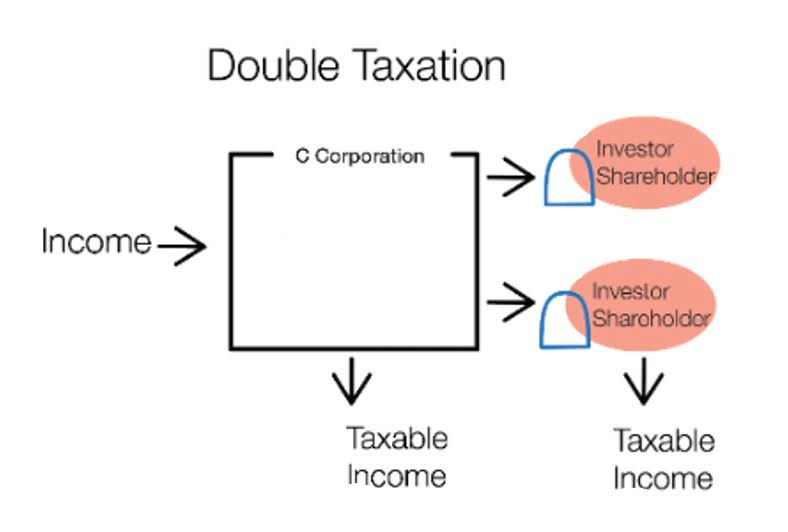
Embracing these tools allows organizations to focus more on their mission while ensuring their financial practices are sound and compliant. In developing a COA, nonprofits should also consider their specific needs and activities. S unique revenue streams and expense categories, ensuring that all financial transactions are accurately captured. Regularly reviewing and updating the COA is also a best practice, as it allows organizations to adapt to changing financial circumstances and reporting requirements. Nonprofits must maintain detailed records of financial transactions, including donations, grants, expenses, payroll, and other revenue sources. These records provide a clear audit trail and help generate accurate financial statements.
Ensuring GAAP Compliance
In many instances, nonprofit accounting is more complicated and more scrutinized than, for example, a small business because financial statements and tax returns are publicly available. Nonprofits often have multiple funds designated for different purposes, such as restricted, endowment, or program-specific funds. Implementing a fund accounting system helps track income and expenses for each fund separately, ensuring compliance with donor restrictions and facilitating accurate financial reporting. Nonprofits prepare financial statements, including financial position (balance sheet), statement of activities (income statement), and statement of cash flows.
Find a bookkeeper

Most nonprofit-friendly accounting software like QuickBooks Aplos or Nonprofit Treasurer will allow you to generate financial statements automatically. Although it’s possible to manually generate financial statements from your ledger or spreadsheet, it takes a ton of accounting knowledge and time to do it right. In most cases, it’s better to let your accounting software or a bookkeeper take care of this step for you. Fund accounting is a system used by non profits to manage and report their financial resources. It ensures that funds are allocated and used according to donor restrictions and organizational purposes, enhancing transparency and compliance. FastFund Nonprofit Accounting offers comprehensive fund accounting, payroll, and donor management features, making it an all-in-one solution for non profit financial management.

Record In-Kind Donations
And on the review site TrustRadius, Sage Intacct gets 8.6 stars out of 101 with customers indicating they’re happy with Sage’s fast customer service response time. Still, Zoho Books offers 15% off its starting price for registered nonprofits, which helps lighten some of the fiscal load. If you’re searching for accounting software that’s user-friendly, full of smart features, and scales with your business, Quickbooks is a great option. The more you know about your donors, the better your relationship-building initiatives can be. As you learn from how supporters gave in the past, to which campaigns and amounts, your financial forecasting becomes far more accurate.
Fund accounting software’s primary goal is to show you and your shareholders, namely board members and donors, exactly where their money is going. One of the primary challenges in nonprofit accounting is managing fund accounting. Nonprofits must separate funds into different categories or funds, each with its own set of rules and restrictions. This requires meticulous tracking Food Truck Accounting and reporting to ensure each fund is used appropriately.

A. Recap of the importance of effective nonprofit accounting
Organizations must consider their size, complexity, accounting services for nonprofit organizations and regulatory requirements when deciding between accrual and cash basis accounting. By understanding these methods, nonprofits can better navigate their financial reporting and ensure compliance with applicable standards. In navigating the complexities of nonprofit accounting, organizations must prioritize their accountability to donors and stakeholders over traditional profit-driven metrics.

However, some organizations, such as foreign, political, and religious organizations, are exempt from filing Form 990. Most nonprofits can apply to the IRS for tax-exempt status, which means they are exempt from federal taxes under Section 501. Since donors can restrict how funds are spent, nonprofits use a different method of bookkeeping that fits their business model. According to IRS data, in 2022, there were petty cash approximately 1.5 million 501(c)(3) nonprofits.
The purpose of nonprofit accounting is to provide transparency, accountability, and accurate financial reporting to stakeholders, including donors, grantors, and regulatory bodies. Accurate bookkeeping for nonprofits is the backbone of every successful not for profit organization. Unlike for-profit businesses, nonprofits face unique challenges in managing their finances, from tracking donor contributions to complying with strict regulatory requirements. In this guide, we will delve into the intricacies of not-for-profit bookkeeping, offering you essential tips and best practices to streamline your financial management processes.
- Because while nonprofit bookkeeping and accounting are related, they’re not the same thing.
- Penalties are in place for organizations with discrepancies in their paperwork or need to file on time, so staying on top of your tax requirements is essential.
- Make sure all of your nonprofit’s transactions go through a dedicated bank account.
- If you’re searching for accounting software that’s user-friendly, full of smart features, and scales with your business, Quickbooks is a great option.
- But if you’re already falling behind in your books, you can’t rely on a google search or blog article to get you back on track.
- She is also experienced in setting up corporations with the State Corporation Commission and the IRS.
Your statement of activities should categorize revenues into restricted, temporarily restricted, and unrestricted. In addition to tracking each source of receipts as a separate fund, non-profits must categorize donations and expenses. The event fund will reflect all related financial transactions, including donations from attendees and the cost of renting event space. Bookkeeping services for nonprofit are critical to the success of their organizations.
